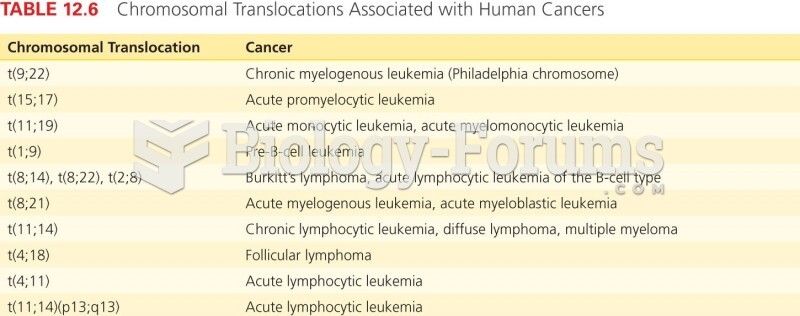Answer to Question 1
B
Answer to Question 2
Ann Burgess and Lynda Holmstrom have found that rape generally constitutes a severe crisis for the victims and that aftereffects often persist for 6 months or longer. They analyzed the reactions of 92 victims of forcible rape and labeled the series of emotional changes experienced by the victims the rape trauma syndrome. This syndrome occurs in two phases: an acute phase and a long-term reorganization phase.
The acute phase begins immediately after the rape (or attempted rape) and may last for several weeks. Victims have an expressive reaction in which they are likely to cry and have feelings of anger, fear, humiliation, tension, anxiety, and a desire for revenge. During this phase, victims also usually have periods of controlled reaction in which they mask or deny their feelings and appear calm, composed, or subdued. Victims undergo many physical reactions during this phase, such as stomach pains, nausea, headaches, insomnia, and jumpiness. Many women feared future physical violence or continued to suffer from the fear of being murdered during the attack. The self-blame is related to the tendency on the part of the victim and others to blame the victim. The women often spent hours agonizing over what they thought they had done to bring on the attack or over what they could have done to fight off the attacker.
The long-term reorganization phase follows the acute phase. At this point, victims may experience a variety of major disruptions. Some women who have been raped outdoors may develop a fear of going outdoors; others who have been raped indoors may develop a fear of being indoors. Some are unable to return to work, particularly if the rape occurred there. Some quit their job and remain unemployed for a long time. Many fear the rapist will find them and assault them again. To attempt to avoid this recurrence, they may move (sometimes several times), change their telephone number, or get an unlisted number. Some develop sexual phobias and have severe difficulties in returning to their regular sexual behaviors. In some cases, it takes several years before the victim returns to her previous lifestyle.
In addition, if the victim reports the rape, the police investigation and the trial (if it occurs) are further crises that are experienced. The police have, at times, conveyed the idea that the victim was fabricating the assault or had willingly agreed to have sex but then changed her mind. The police often ask embarrassing questions about the details of the rape without showing much understanding or sympathy. In court it is common for the defense attorney to imply that the victim provoked the defendant. Victims are sometimes made to feel as if they are the ones who are on trial.
Burgess and Holmstrom also note that, because a majority of rapes are not reported, many of the victims have a silent rape reaction. Many nonreporters not only fail to report the rape to the police but also choose to tell no one about it. They are likely to experience the same adjustment problems as victims who report the rape experience. However, the trauma for nonreporters is often intensified because they have no way of expressing or venting their feelings.







